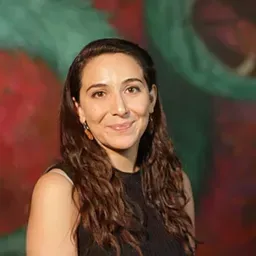
Sander van der Linden
Professor of Social Psychology in Society
University of Cambridge
Participe à 2 sessions
Sander van der Linden, Ph.D., is a Professor of Social Psychology in Society and Director of the Cambridge Social Decision-Making Lab in the Department of Psychology at the University of Cambridge. He has won numerous awards for his research on human judgment, communication, and decision-making, especially in the context of climate change, including the Rising Star Award from the Association for Psychological Science (APS), the Sage Early Career Award from the Society for Personality and Social Psychology (SPSP), the Frank Prize in Public Interest Research from the University of Florida and the Sir James Cameron Medal for the Public Understanding of Risk from the Royal College of Physicians. His research papers have appeared in journals such as PNAS, Nature Human Behaviour, and Nature Climate Change and received awards from organizations such as the American Psychological Association (APA), the International Association of Applied Psychology (IAAP) and the Society for the Psychological Study of Social Issues (SPSSI). His research is regularly featured in outlets such as the New York Times, NPR, and the BBC. He is the Editor-in-Chief of the Journal of Environmental Psychology and the book “Risk and Uncertainty in a Post-Truth Society” (Routledge, 2019). Before joining Cambridge, he held academic positions at Princeton, Yale, and the LSE.
Sessions auxquelles Sander van der Linden participe
Vendredi 28 Mai, 2021
Fuseau horaire: (GMT-05:00) Eastern Time (US & Canada)
9:25 AM
9:29 AM EDT -
9:30 AM EDT |
1 minute
10:50 AM
10:50 AM EDT -
12:05 PM EDT |
1 heure 15 minutes
Much like a viral contagion, false information about climate change can spread rapidly from one individual to another. Moreover, once lodged in memory, misinformation is difficult to correct. Inoculation theory, therefore, offers a natural basis for developing a psychological ‘vaccine’ against the spread of fake news and misinformation about climate change. Specifically, in a series of randomized lab and field studies, we show that it is possible to pre-emptively “immunize” people against cli...




